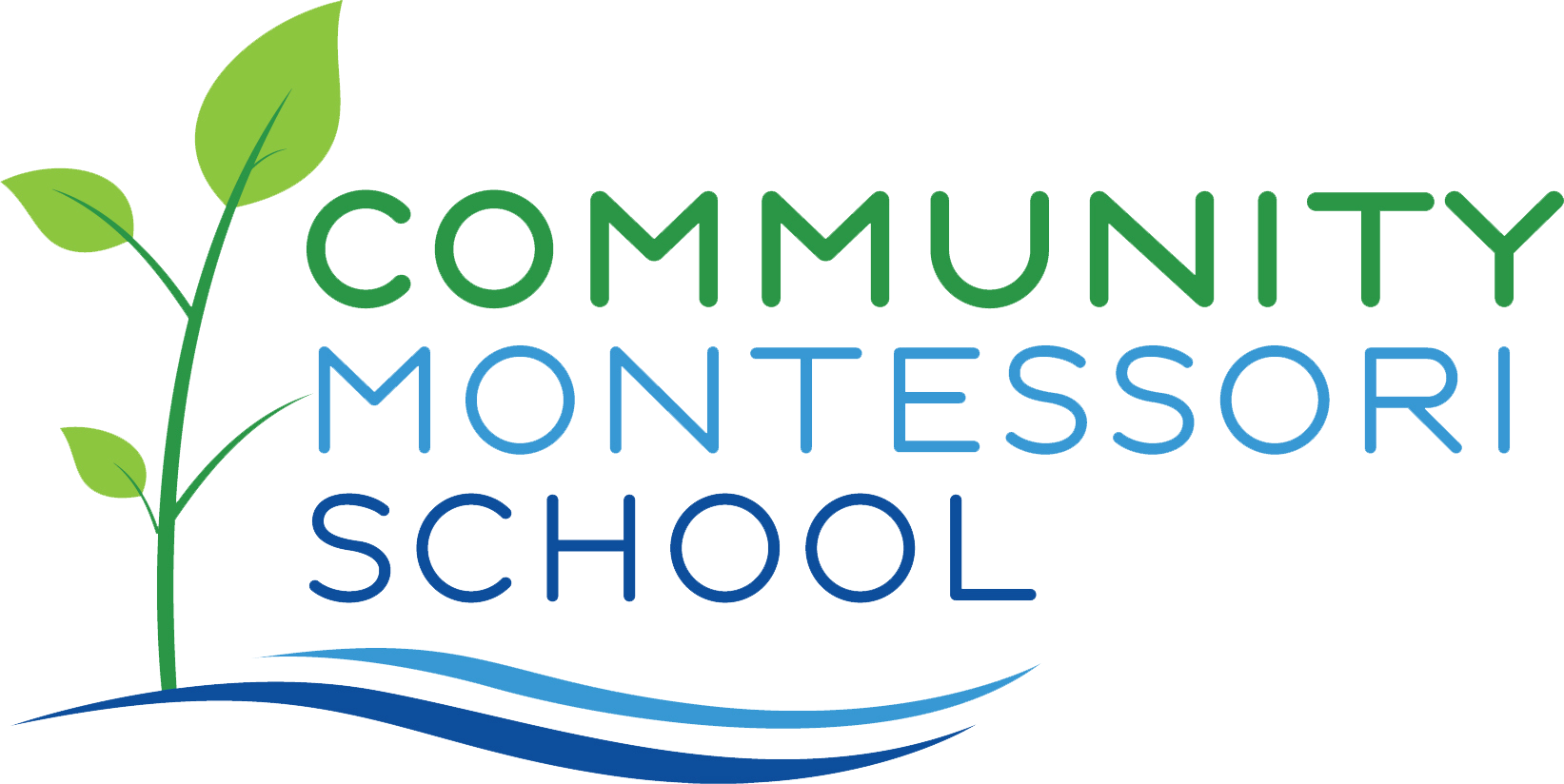Nurturing independent thinkers: the Montessori elementary experience
First Grade to Sixth Grade
In the Elementary years from first through sixth grade, Community Montessori School students embark on an exciting journey of intellectual discovery and self-development. The classroom environment is carefully designed to nurture each child's innate curiosity and desire to learn.
"Help me to think for myself"
The CMS Elementary program consists of two age groupings:
- Lower Elementary for Ages 6-9 or Grades 1st-3rd
- Upper Elementary for Ages 9-12 or Grades 4th-6th
One of the core principles of Montessori elementary education is to empower children to become independent thinkers and learners. The classroom is a bustling hive of activity, with students working individually and in small groups on a diverse array of hands-on projects and research. Under the guidance of trained Montessori guides, children explore subjects like geography, biology, history, language, mathematics, science, music, and art.
FREEDOM WITHIN A PREPARED ENVIRONMENT
Montessori elementary classrooms provide a meticulously prepared environment with a wealth of learning materials and resources. However, students enjoy a large degree of freedom in choosing their work and activities each day. This freedom, coupled with clear expectations and accountability, helps children develop crucial life skills like planning, organization, goal-setting, and self-discipline.
While the elementary program is ungraded, teachers implement a comprehensive system to ensure students receive a well-rounded education across all subjects and make consistent progress towards autonomy.
Cosmic Education: An interconnected world
A unique aspect of the Montessori elementary curriculum is "Cosmic Education," which highlights the interconnectedness of all things in the universe. Students are introduced to this big-picture perspective through enthralling stories called the "Great Lessons" that span astronomy, earth science, biology, history, social studies, mathematics, and language.
Project-based, Hands-on Learning
Project-based learning is a hallmark of the Montessori approach, integrating diverse subjects like biology, grammar, art, and history into dynamic, cross-curricular projects. Children develop critical thinking, writing, and reading abilities as they delve into topics that pique their interests.
Hands-on, experiential learning takes precedence over textbook-based instruction. Limited computer use is carefully introduced in the upper elementary years to complement, but not replace, concrete learning experiences.
The Montessori elementary environment empowers children to become confident, self-motivated learners with a passion for knowledge and the ability to think critically and creatively. By nurturing independence, intellectual curiosity, and social responsibility, Montessori elementary education prepares students for a lifetime of engaged learning and global citizenship.
